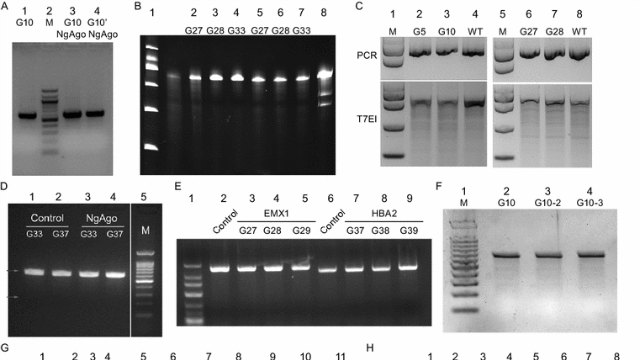 S BURGESS ET AL., PROTEIN & CELL, DOI: 10.1007/s13238-016-0343-9, 2016Researchers continue to fail in reproducing a new gene-editing technique called NgAgo, for Natronobacterium gregoryi Argonaute, an endonuclease. In a report published last week (November 15) in Protein & Cell, scientists from the U.S. and China working independently found no evidence that NgAgo could manipulate DNA sequences.
S BURGESS ET AL., PROTEIN & CELL, DOI: 10.1007/s13238-016-0343-9, 2016Researchers continue to fail in reproducing a new gene-editing technique called NgAgo, for Natronobacterium gregoryi Argonaute, an endonuclease. In a report published last week (November 15) in Protein & Cell, scientists from the U.S. and China working independently found no evidence that NgAgo could manipulate DNA sequences.
“Some of us have even sent visiting researchers to [Chunyu] Han’s laboratory but they were not allowed to perform genome editing experiments involving mammalian cells when they were there,” the authors, led by Shawn Burgess of the National Human Genome Research Institute, wrote in their report. “Consequently, none of them returned with any information confirming Han’s data.”
Han and colleagues unveiled NgAgo in May 2016, claiming that the protocol could efficiently edit DNA in human cells with high fidelity. But shortly after, researchers found they couldn’t achieve the same results and began to turn their backs on the technique. In August, Han deposited his expression vector in Addgene, in the “hopes that this will help efforts to reproduce his work,” Nature News reported then.
But ...





















